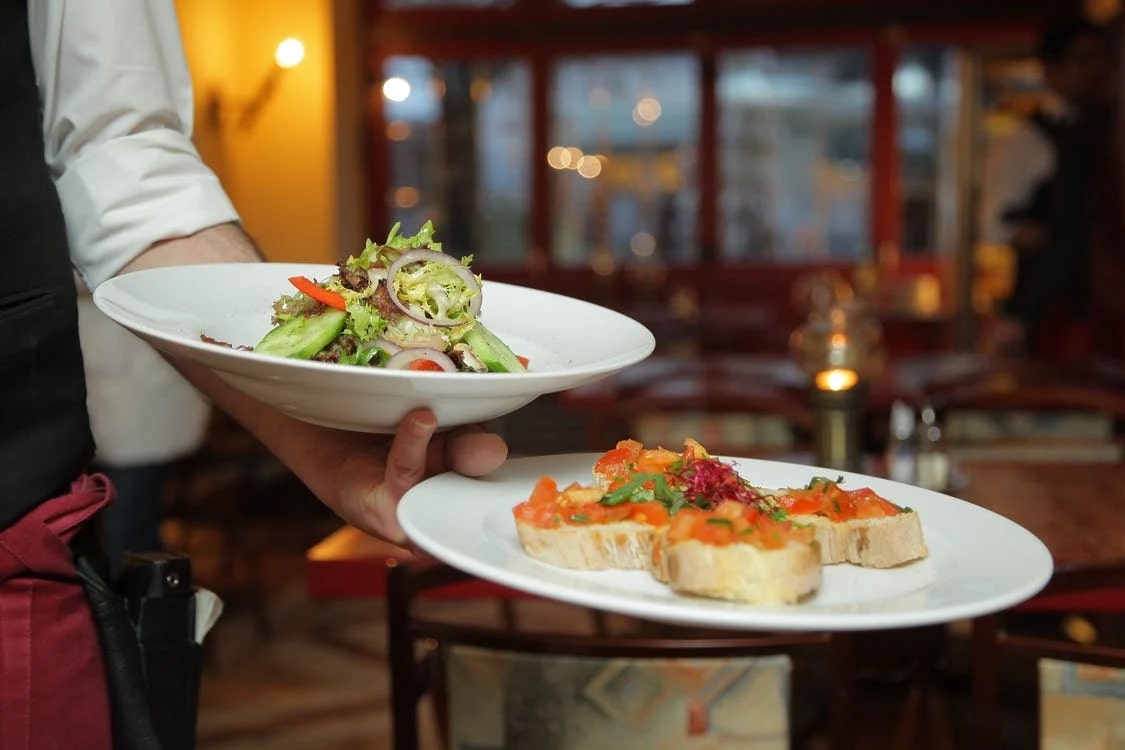Cultural appropriation is a hot topic these days, and it’s something that you may have to contend within the restaurant industry. At Organic Restaurants, we’ve seen many situations in which a chef or restaurant owner with good intentions ends up committing a faux pas. If you want to pay tribute to a culture or tell your own story, there are many ways to show love for a country, its food, and its chefs without running into trouble. Here’s what you should consider when you’re offering cuisine from a different part of the world.
Don’t Insult the Culture and Food
This seems obvious, but a few restaurateurs have done this. It’s easy to do accidentally as you try to build your restaurant up. For example, if you’re running an organic or vegan restaurant, you may be tempted to tout how healthy the food is. That’s fine, but you can do that without insulting other restaurants and chefs who serve the same food.
If you’re cooking food from another culture, you don’t want to act as if you have taken it and done it better than chefs and restaurants from that culture did. It’s incredibly insulting and reeks of appropriation. Unless your goal is to attract a lot of bad press and reviews, going this route is never advised. Build up your restaurant without bringing down others.
Be Careful with Language
It’s also important to be careful with the language that you use. If your food is organic, you can say that. If a dish is vegan, that’s fine. But if you’re cooking a meal from a culture that you’ve studied a lot, you may be tempted to say that it is “authentic.” If you’re not from that culture yourself, some may find your assertion that your food is the authentic option a bit offensive. The words you use to market your food matter here.
Remember that Food is Part of Identity
If you love the food from another culture and love cooking it, that’s great. However, it’s also important to remember that this food can be an important part of the identities of many people. You may not share their experiences. You do not share the exact kind of connection to this food.
Overall, you’re a tourist in this space. So above all else, simply be respectful.
Build Bridges to that Community
Finally, make sure that your food can help build bridges to the community that you’re inspired by. Employ people from that community, and make sure that they aren’t afraid to call you out when you’re making things about yourself and not the food you serve. You can travel to the country that inspired your food, learn more about the culture, and even put some effort into learning the language. Show that you respect where the inspiration for your food came from.
Learn More About Eating Local and Global
Whether you’re a diner looking for organic places to eat in your neighborhood or you’re a restaurateur seeking out advice on how to attract more diners, our website can help. Visit the Organic Restaurants blog today and check out all of our resources.
